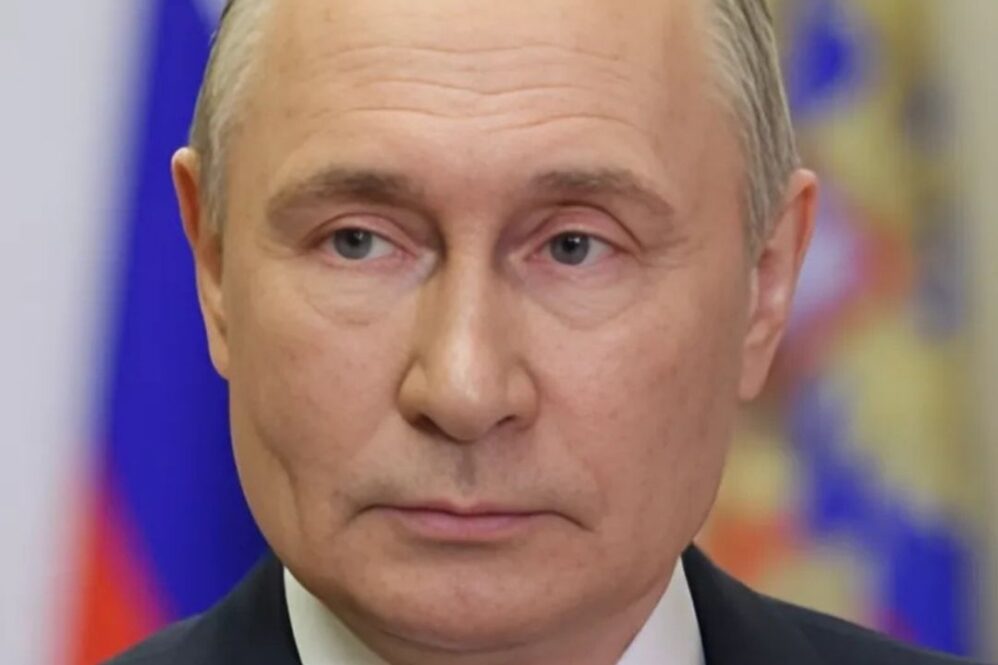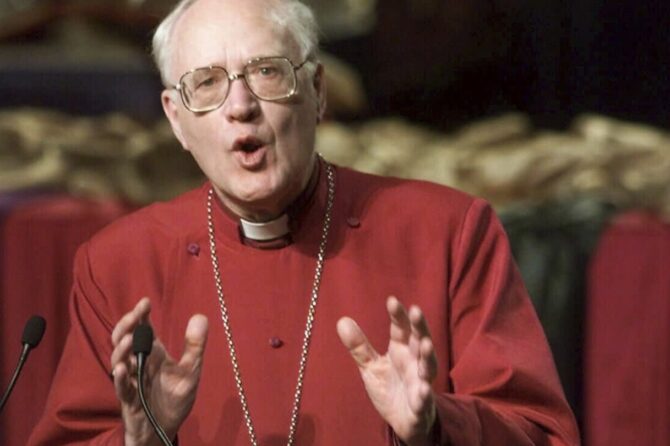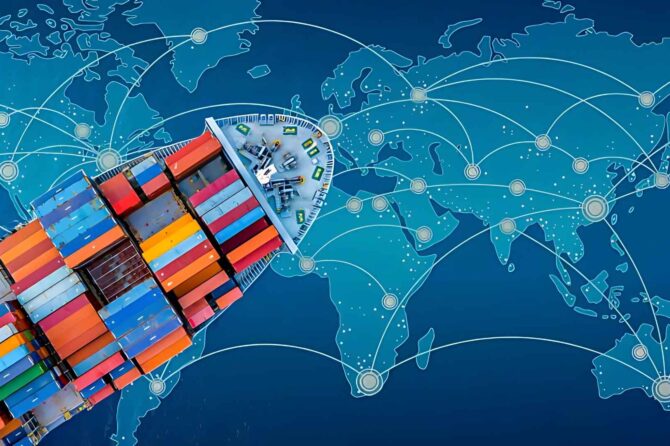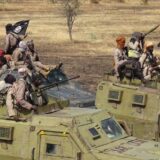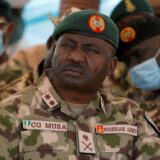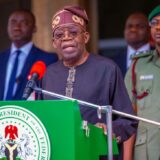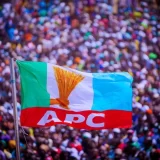Introduction
As global powers vie for influence in West Africa, Russia is set to bolster its military aid to Africa. Specifically, it targets the three Sahel regional countries: Mali, Niger, and Burkina Faso. Invariably, this strategic move aims to strengthen Russia’s foothold in the region. More importantly, it is as a result of growing concerns over security, terrorism, and French influence.
A Shift in Global Dynamics
Russia’s decision to increase military aid to the three countries marks a significant shift in global dynamics. As the United States and France scale back their military presence in the region, Russia sees an opportunity to fill the power vacuum. This expansionist policy is reminiscent of the Cold War era, where superpowers competed for influence in Africa.
Mali: A Key Player in Russia’s Strategy
Mali, a landlocked country in the Sahel region, has been a key player in Russia’s strategy. In 2021, Mali’s military junta signed a military cooperation agreement with Russia, paving the way for increased military aid. Russia has since provided military equipment, training, and personnel to Mali’s armed forces.
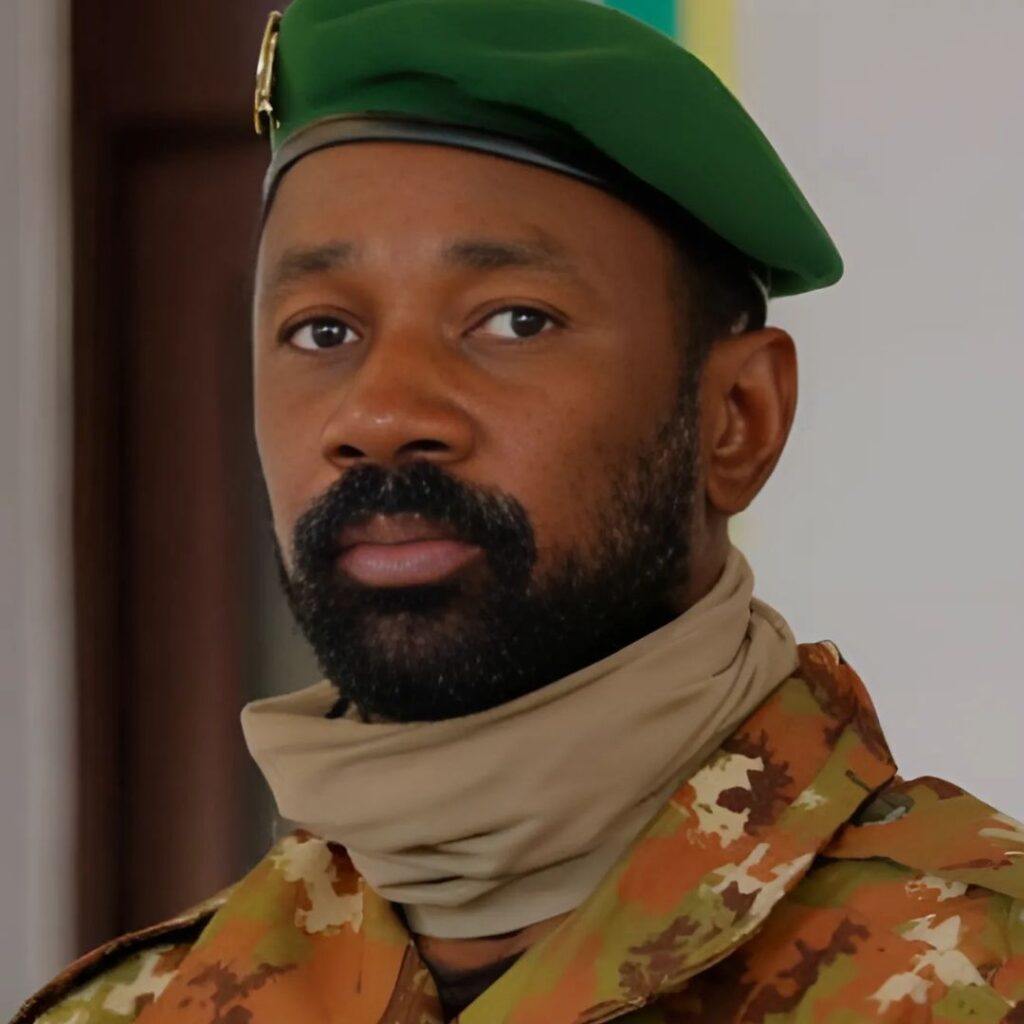
Niger: A Crucial Partner in Counter-Terrorism
Niger, another Sahel region country, has been a crucial partner in Russia’s counter-terrorism efforts. In not too distant past, the Nigerien Junta signed a defense agreement with Russia, aimed at strengthening cooperation in the fight against terrorism. Russia has since provided military aid, including equipment and training, to Niger’s armed forces.
Burkina Faso: A New Frontier for Russian Influence
Burkina Faso, a country in the Sahel region, has become a new frontier for Russian influence. In 2022, Burkina Faso’s military junta signed a military cooperation agreement with Russia, marking a significant shift in the country’s foreign policy. Russia has since provided military aid, including equipment and training, to Burkina Faso’s armed forces.
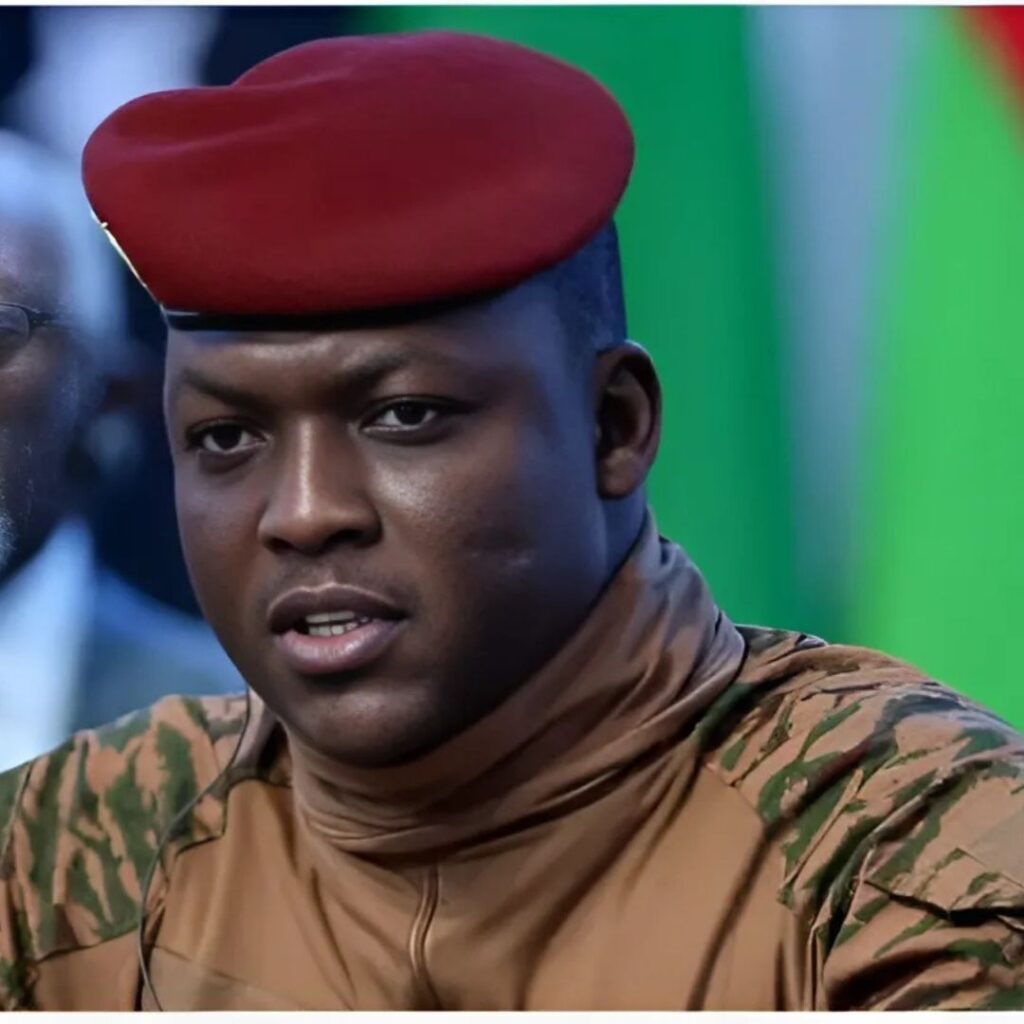
Implications for Regional Security
Russia’s increased military aid to Mali, Niger, and Burkina Faso through the Wagner Group has significant implications for regional security. The move is likely to exacerbate tensions with France, which has historically been the dominant military power in the region. Furthermore, Russia’s expansionist policy may embolden other regional actors, potentially destabilizing the already fragile security landscape.
A New Era of Competition in West Africa
Russia’s decision to increase military aid to Mali, Niger, and Burkina Faso marks a significant shift in the regional balance of power. This move is likely to have far-reaching implications for the Economic Community of West African States (ECOWAS), French President Emmanuel Macron’s diplomacy in the region, and Russian President Vladimir Putin’s secret interests.
Implications for ECOWAS
ECOWAS, a regional economic community of 15 West African countries, has been struggling to maintain stability in the region. The recent coups in Mali, Niger, and Burkina Faso have exposed the weaknesses of ECOWAS’s conflict prevention and resolution mechanisms. Russia’s growing influence in the region may further undermine ECOWAS’s authority and create new challenges for regional stability.
Macron’s Failed Diplomacy in West Africa
French President Emmanuel Macron’s diplomacy in West Africa has been criticized for being heavy-handed and paternalistic. Macron’s attempts to impose French interests on the region have been met with resistance from local leaders, who are increasingly turning to Russia and other external powers for support.
Macron’s failure to address the root causes of instability in the region, such as poverty, inequality, and lack of economic opportunities, has created an opening for Russia to expand its influence.
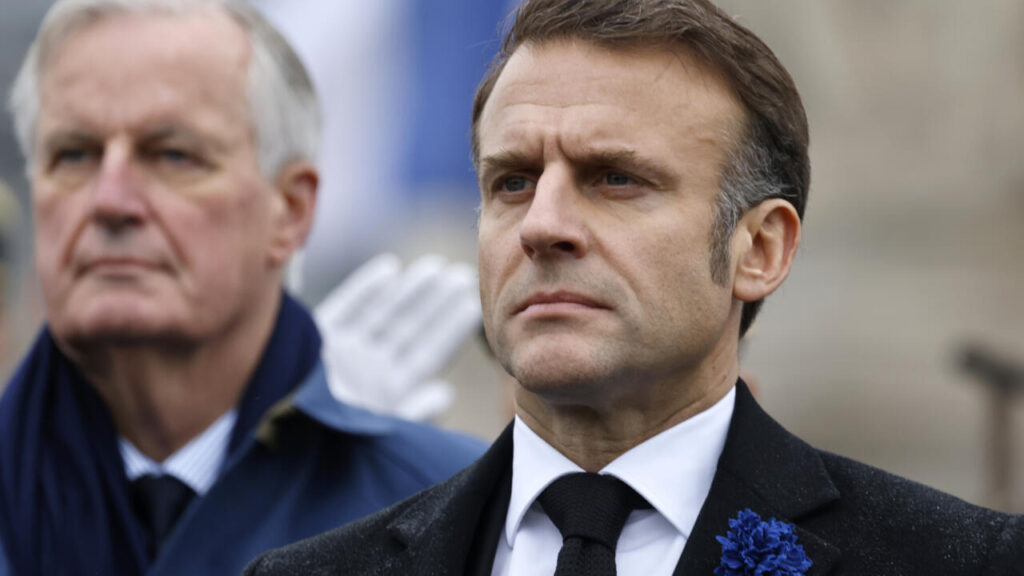
Putin’s Secret Interests in West Africa
Russian President Vladimir Putin’s secret interests in West Africa are multifaceted. Putin is seeking to expand Russia’s economic influence in the region, particularly in the energy sector. Russia’s state-owned energy company, Gazprom, has already signed several agreements with West African countries to develop their energy resources. Putin is also seeking to increase Russia’s military presence in the region, as part of his broader strategy to challenge Western influence and promote Russian interests globally.
What’s in it for Russia?

So, what’s in it for Russia? By expanding its influence in West Africa, Russia hopes to gain access to new energy resources, increase its economic presence in the region, and challenge Western dominance. Russia’s growing influence in West Africa may also provide a strategic foothold for Russian military expansion in Africa.
Conclusion
In conclusion, Russia’s decision to increase military aid to Mali, Niger, and Burkina Faso marks a significant shift in the regional balance of power. Furthermore, Russia expands its influence in West Africa, the international community must carefully consider the implications for regional security and global governance.
However, Russia’s growing influence in West Africa has significant implications for ECOWAS, Macron’s diplomacy, and Putin’s secret interests. As Russia expands its economic and military presence in the region, it may create new challenges for regional stability and undermine Western influence. Furthermore, it may also provide new opportunities for cooperation and development, if managed carefully.


